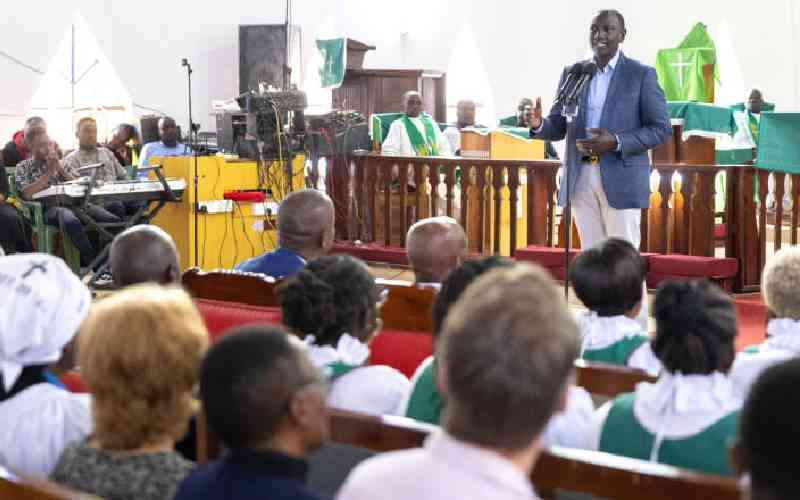×
The Standard e-Paper
Read Offline Anywhere

Audio By Vocalize

A recent visit to Kyrgyzstan in Central Asia left my head spinning.
On checking the history of the country, I noted that when it was part of the old Soviet Union, the official religion was atheism. A big surprise to Kenyans who were very religious even before Christianity, Islam and other religions came ashore.

